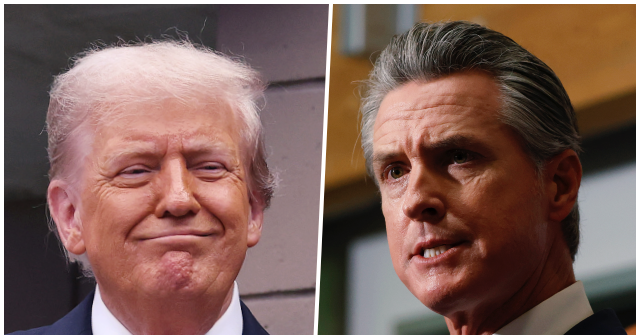Share this @internewscast.com
The United States Supreme Court (SCOTUS) has allowed President Donald Trump’s administration to bypass a lower court’s decision. This earlier ruling had prevented Immigration and Customs Enforcement (ICE) from conducting federal immigration enforcement activities, citing these actions as racial profiling.
In July, Judge Maame Ewusi-Mensah Frimpong was appointed to the U.S. District Court for the Central District of California by then-President Joe Biden. She had stopped ICE from executing raids in the sanctuary area of Los Angeles, California.
Before the Trump administration sought SCOTUS’s intervention to let ICE persist in capturing illegal immigrants in Los Angeles during the legal proceedings, the Ninth U.S. Circuit Court of Appeals had supported Frimpong’s decision.
On Monday, Justice Kavanaugh, representing the conservative majority in a 6-3 decision, stated that “the government has adequately demonstrated the need for a stay while the appeal is pending.”
Justice Kavanaugh emphasized that “stopping individuals based on reasonable suspicions of unlawful presence has long played a critical role in U.S. immigration enforcement efforts for decades, spanning multiple presidential terms.” With the current rise in illegal immigration under Biden, ICE’s attention on Los Angeles appears justified.
Kavanaugh further noted, “Individuals in the country illegally seeking to avoid law enforcement questioning are essentially aiming to bypass the law, which does not constitute a significant legal interest.”
Meanwhile, Justice Sotomayor, in writing a dissenting opinion that Justices Kagan and Jackson joined, called the court’s stay on the lower court’s decision “yet another grave misuse of our emergency docket.”
“We should not have to live in a country where the Government can seize anyone who looks Latino, speaks Spanish, and appears to work a low-wage job,” Sotomayor writes. “Rather than stand idly by while our constitutional freedoms are lost, I dissent.”
The case is Noem v. Vasquez Perdomo, No. 25A169 in the Supreme Court of the United States.















